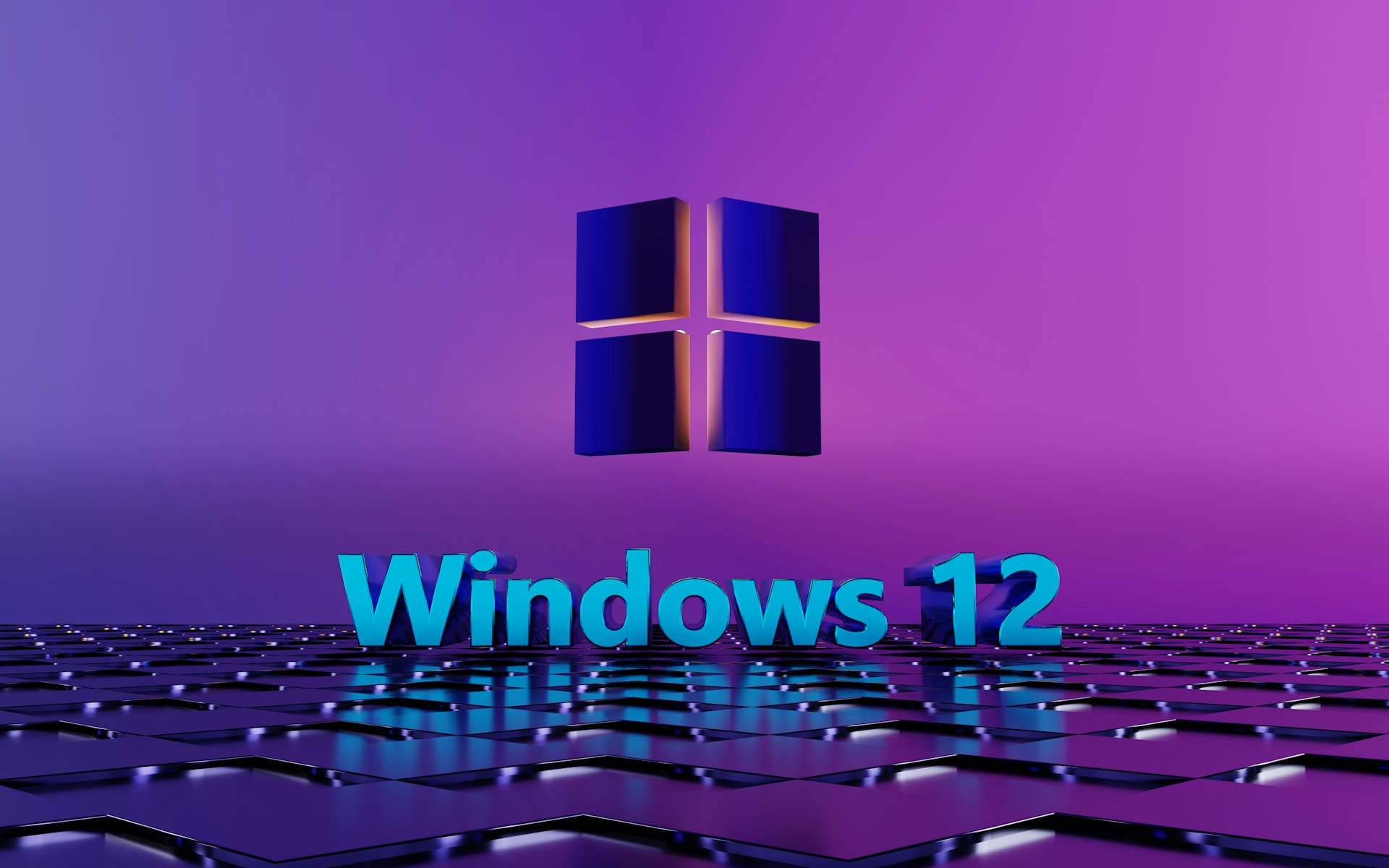How Entertainment Franchises Are Expanding Into Gaming: Opportunities, Strategies, and Trends for 2025

Photo by Yomex Owo on Unsplash
Introduction: Entertainment Franchises Enter Gaming
Entertainment franchises have long dominated media, merchandise, and theme parks. Now, the next frontier is gaming-a sector that has grown to rival film and television in both revenue and cultural impact. As we enter 2025, countless iconic brands are expanding into interactive digital experiences, redefining how fans engage and how companies monetize their intellectual property. This article explains the drivers behind this expansion, examines leading examples, and provides actionable guidance for businesses and consumers navigating this evolving landscape.
Why Are Franchises Expanding to Gaming?
Gaming has become a core driver of revenue and engagement for entertainment franchises. The industry’s ability to generate recurring income through in-game purchases, subscriptions, and downloadable content (DLC) attracts media giants seeking new revenue streams. Franchises entering gaming can reach global audiences, foster deeper fan loyalty, and unlock opportunities for cross-promotion across movies, TV, and merchandise. Recent market analysis shows that franchises like Pokémon have generated over $103 billion in total retail sales, primarily fueled by video games and related products. Others, such as Call of Duty ($31 billion) and Minecraft (whose movie adaptation brought in $4.1 billion in box office revenue), further illustrate the lucrative potential of gaming as part of a larger franchise ecosystem [1] .
Industry Trends: How Franchises Are Integrating Gaming
Recent years have witnessed several key trends shaping the expansion of entertainment franchises into gaming:
-
Remakes and Reboots:
Classic IPs are being revitalized through remastered games and updated versions for modern hardware. Franchises such as
Final Fantasy VII
and
Resident Evil 2 & 3
have set new sales benchmarks, while iconic movie properties like
Star Wars
are finding fresh life in contemporary game adaptations [2] . - Hybrid Physical-Digital Experiences: Entertainment franchises are launching hybrid models that blend in-person events with digital gameplay. These include themed escape rooms, quiz-based venues, and augmented reality experiences that extend the brand’s reach and create recurring revenue streams [3] .
- Cross-Media Synergies: Media giants are leveraging gaming platforms to cross-promote films, TV, and merchandise. For example, new game releases often coincide with movie premieres or series launches, maximizing exposure and consumer spending.
-
Community Engagement:
Major game publishers prioritize community-building through live events, online tournaments, and regular content updates. This strategy has proven effective for Epic Games with
Fortnite
, where collaborations with other franchises drive both engagement and revenue [4] .
Major Players and Successful Strategies
Several corporations are leading the charge in franchise gaming expansion:
-
Sony Interactive Entertainment:
By focusing on exclusive franchise-driven titles like
Spider-Man 2
and
God of War
, Sony has cemented its dominance on PlayStation platforms, generating $31 billion in revenue [5] . - Microsoft: Through acquisition and integration of Activision Blizzard, Microsoft has become the world’s third-largest gaming company and leverages its franchises across Xbox, PC, and cloud platforms.
-
Nintendo:
Nintendo’s first-party games, including
Pokémon
and
Mario
, drive both hardware and software sales, with Switch consoles and exclusive games remaining top sellers. -
Epic Games:
Known for
Fortnite
and Unreal Engine, Epic Games regularly partners with popular entertainment franchises for in-game events and exclusive content drops, boosting both player retention and brand visibility.
Each of these companies demonstrates a commitment to innovation, scalability, and integrating gaming into broader entertainment ecosystems.
How Consumers Can Access Franchise Gaming Experiences
Fans who want to experience their favorite franchises in gaming have several pathways:

Photo by Ransford Quaye on Unsplash
- Official Game Stores: Visit official digital storefronts such as PlayStation Store, Xbox Store, Nintendo eShop, and Steam for verified franchise game releases. Always search for the franchise name and check publisher authenticity.
- Physical Retailers: Major retailers like GameStop and Best Buy stock licensed franchise games, consoles, and related accessories. Inquire about special editions or bundle offers at the point of sale.
- Online Marketplaces: For collectibles and merchandise (such as Pokémon trading cards or figurines), use established platforms like Amazon. When searching, include the official franchise name to ensure authenticity [1] .
- Hybrid Experiences: Look for branded escape rooms, quiz venues, and live events in your area. Use phrases like “[franchise name] live event” or “[franchise name] escape room” in search engines to find official experiences. Confirm event legitimacy through franchise or venue websites before purchasing tickets.
Tip:
Always verify the official publisher or event organizer before making purchases or bookings to avoid counterfeit products and unauthorized experiences.
Step-by-Step Guidance for Businesses and Entrepreneurs
For businesses considering entry into franchise gaming, here is a step-by-step approach:
- Identify Suitable IP: Evaluate the market appeal and cross-media potential of your intellectual property. Use recent sales data and online interest metrics to guide selection.
- Choose a Gaming Model: Decide between developing full-scale video games, mobile apps, or hybrid experiences. Analyze operational costs, required expertise, and audience fit.
- Partner with Established Developers: Consider licensing your IP to experienced game studios or partnering with technology providers like Epic Games for engine support and distribution channels [4] .
- Develop Multi-Channel Marketing: Synchronize game launches with other media releases and merchandise promotions. Use social media, influencer campaigns, and live events to maximize reach.
- Monitor and Adapt: Gather feedback from players and adjust offerings based on engagement metrics. Stay flexible to industry trends such as remakes, reboots, and new technologies.
Entrepreneurs should also explore emerging opportunities in intellectual, quiz-based, and hybrid entertainment venues, which combine digital and physical engagement for recurring revenue [3] .
Challenges and Solutions
Expanding into gaming presents several challenges:
- High Development Costs: AAA games can require significant investment. Solution: Start with mobile or indie games, or pursue licensing deals.
- Brand Consistency: Ensuring the game experience matches the franchise’s values is critical. Solution: Work closely with franchise stakeholders and fans during development.
- Counterfeiting and Unlicensed Products: Fake games and merchandise can damage brand reputation. Solution: Educate consumers on authorized channels and use official verification marks.
- Rapidly Changing Technology: Keeping up with new platforms and trends can be demanding. Solution: Partner with tech providers and maintain an agile development process.
Alternative Approaches
If direct game development isn’t feasible, franchises can:
- License their IP to experienced studios for game adaptations.
- Collaborate on crossover events within existing games (e.g., Fortnite collaborations).
- Launch branded mobile apps or AR experiences to engage fans in new ways.
- Create live, interactive experiences such as escape rooms or quiz nights using franchise themes.
Key Takeaways and Next Steps
Entertainment franchises expanding into gaming are reshaping both industries. Success requires innovation, strategic partnerships, and a deep understanding of both gaming and fan culture. Whether you are a consumer seeking immersive experiences or a business aiming to diversify, understanding these trends and following best practices will help you maximize your opportunities in 2025 and beyond.
For more information on accessing franchise gaming experiences, search for official platform stores, use verified retailers, and consult franchise websites for event updates. Businesses should seek out established development partners and stay informed about emerging trends through reputable industry publications.
References
- [1] Accio (2025). Top Selling Entertainment Franchise 2025.
- [2] Exploding Topics (2025). 7 Huge Gaming Industry Trends (2025 & 2026).
- [3] ER Workshop (2025). Top Entertainment Franchise Trends to Watch in 2025.
- [4] Conduit (2025). Top Game Companies Revolutionizing the Gaming Industry in 2025.
- [5] Udonis (2025). Gaming Industry Report 2025: Market Size & Trends.
MORE FROM findsun.net













